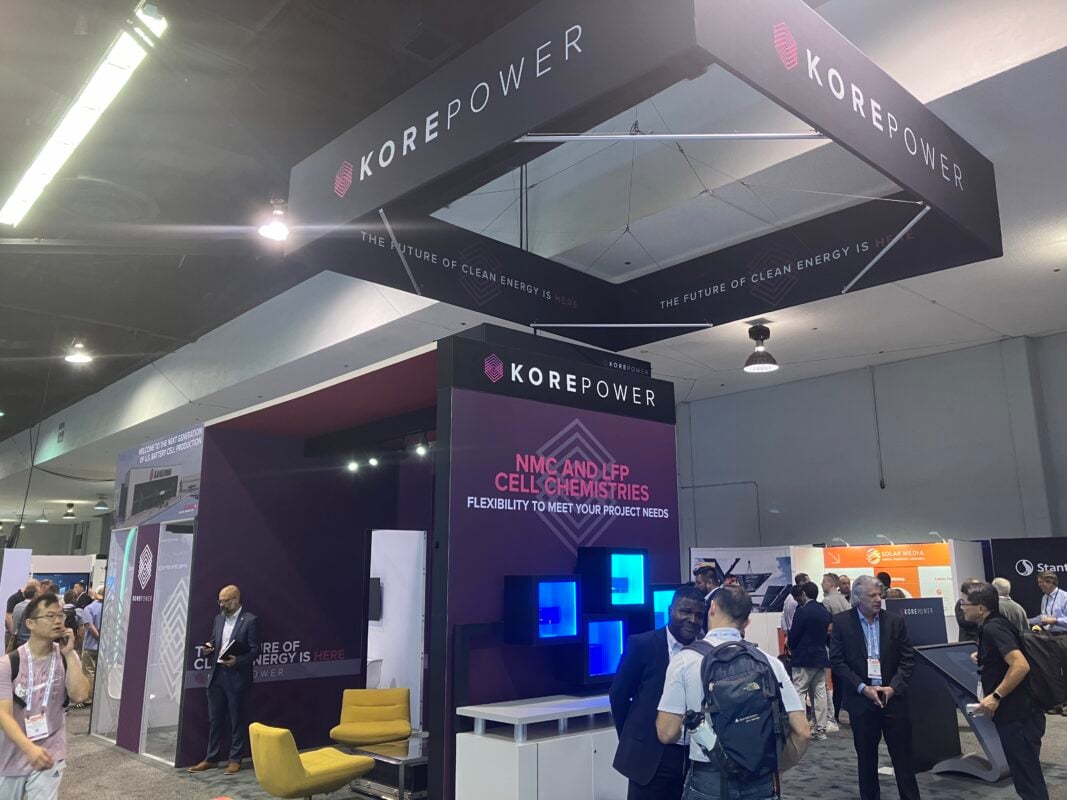Summary:
Ecoceres aims to be a leading producer of sustainable aviation fuel (SAF) by 2025.
Their SAF can reduce greenhouse gas emissions by up to 90%.
A new plant in Malaysia will increase production capacity significantly.
Ecoceres is exploring alternative feedstocks like cabinata and developing alcohol-to-jet technology.
The company is eyeing a potential IPO in Europe that could value it at $5 billion.
Ecoceres: Pioneering Sustainable Aviation Fuel
Ecoceres, a groundbreaking spinoff from Hong Kong billionaire Lee Shau Kee’s Towngas, is on a mission to become a leading producer of sustainable aviation fuel (SAF) by the end of 2025. This innovative startup converts animal fat and used cooking oil into environmentally-friendly jet fuel, significantly reducing the greenhouse gas emissions associated with air travel.
Making a Difference in Aviation
As the aviation industry strives to lessen its climate impact, companies like Ecoceres are stepping up to meet the rising demand for green jet fuel. Their SAF can reduce emissions by up to 90% compared to traditional kerosene-based fuels. The company is also exploring additional feedstocks to diversify its production capabilities, aligning with the aviation sector's net zero emissions goal by 2050.
Setting Industry Standards
Ecoceres aims to differentiate itself from industry giants by achieving the highest yield in SAF production. With a new plant in Malaysia set to begin operations, the company anticipates reaching a yield of 85%, significantly higher than the industry average of 40-55%. This expansion is expected to increase Ecoceres' annual SAF production from 100,000 tonnes in 2023 to 700,000 tonnes by 2025, capturing over 30% of the global market share.

Future Prospects and Opportunities
Founded in 2008, Ecoceres transitioned from a research project to a unicorn startup valued at nearly $1.5 billion after securing significant investments, including a $108 million Series A round. The company is also contemplating an initial public offering (IPO) in Europe, potentially valuing it at $5 billion.
Meeting Regulatory Demands
The timing of Ecoceres' growth aligns perfectly with the European Union's mandate for SAF, which requires at least 2% of total jet fuel supply to be SAF, escalating to 70% by 2050. Major airlines like Lufthansa are already turning to Ecoceres for their SAF needs, as demand continues to surge in the U.S. and Asia.
Overcoming Challenges
Despite its potential, SAF currently accounts for less than 0.1% of total jet fuel consumption, primarily due to higher costs and limited availability of feedstocks. To address this, Ecoceres is researching alternative sources, including cabinata, a resilient plant that thrives in less fertile soils, and developing alcohol-to-jet technology to convert agricultural waste into usable fuel.

With over 100 R&D experts focused on innovative technologies and feedstocks, Ecoceres is poised to lead the charge in sustainable aviation fuel production, providing airlines with a viable pathway to significantly reduce their environmental impact.







Comments